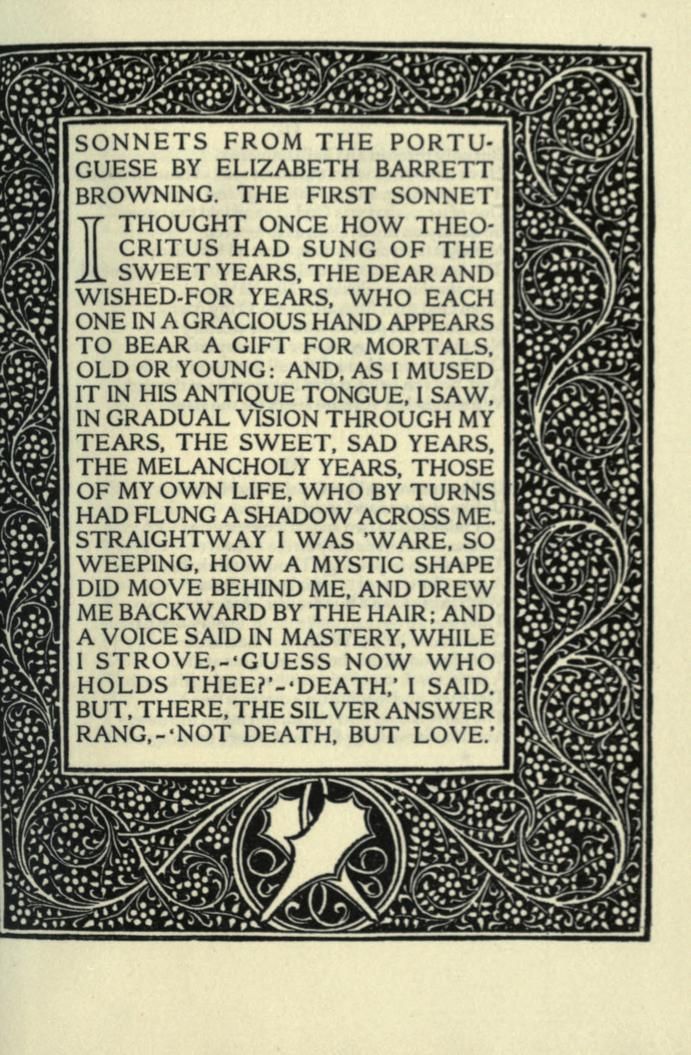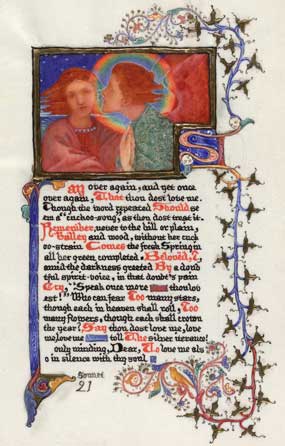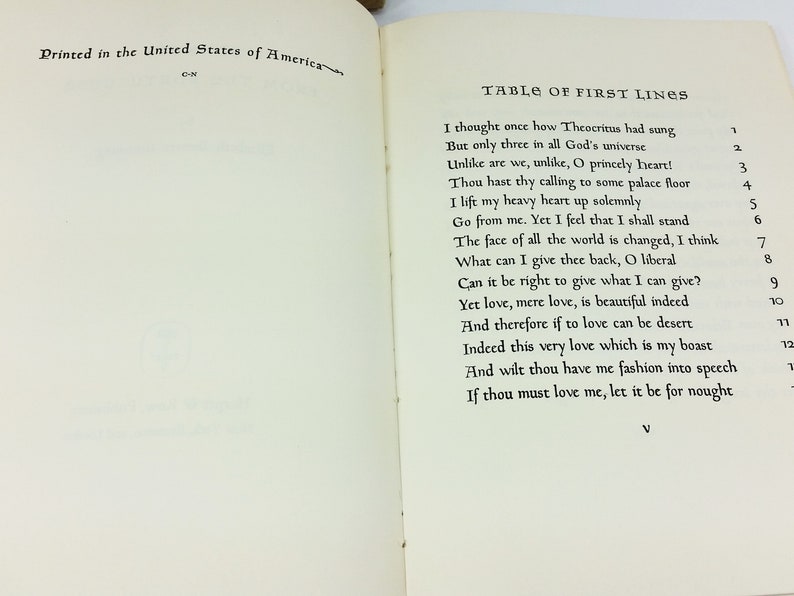
A gentleman of independent means, Boyd was a poet-scholar with a prodigious memory but, considered from our present distance, there is little about him that seems extraordinary. In the spring of 1826, shortly after the publication of Elizabeth Barrett Barrett’s first major poem, An Essay on Mind, a scholarly neighbor, Hugh Stuart Boyd, wrote to the young poet to express his admiration and, since they were near neighbors, to suggest the possibility of a visit. These negations offer a revitalized political poetics even as they disassociate women’s language from women’s physical experiences.

Through the associated figures of Aurora and Marian, Barrett Browning’s epic presents us with many examples of the body’s denial and disappearance. While acknowledging the poem’s insistently physical idiom, I seek to uncover an alternative subtext of images of abstracted, vanishing, and intangible bodies, and to show how this subtext is equally central to Aurora Leigh. In what follows, I argue that Aurora Leigh responds to this conflict by claiming disembodiment as a poetic and political strategy. Aurora Leigh’s political poetics, then, turns on the conflict between two kinds of bodies: the larger social body the poet seeks to represent and the distorting presence of her own embodied, feminine sensibility.

His insult articulates a larger double bind that is at the heart of Aurora Leigh: namely, the tension between the work’s lively interest in political questions and its commitment to representing these questions in an expressive, physical language. In a powerfully essentializing gesture, Romney invalidates Aurora’s poetry by means of her body.

Catching the young Aurora in the act of crowning herself as a poet, Romney insists that women cannot write about contemporary debates over labor or slavery because they understand everything in terms of their own experience: “All’s yours and you, / All, coloured with your blood, or otherwise / Just nothing to you” (II.196–198). In Book II, the central male antagonist, Romney Leigh, points to Aurora’s body as an obstacle to political expression.

While feminist critics of the 1970s and 1980s celebrated the work’s vividly embodied imagery, a more recent critical interest in the so-called Spasmodic school of poetry, with its focus on sensations, rhythms, and pulses, has further emphasized the central role of women’s physical experience in Elizabeth Barrett Browning’s epic.1 Such analyses magnify Aurora’s desire to craft a poetry that will express her own “full-veined, heaving, double-breasted Age.”2 And yet this same emphasis on the body also fuels the poem’s internal dismissal of women’s poetry. Aurora Leigh is a political poem because it is a physical poem.


 0 kommentar(er)
0 kommentar(er)
